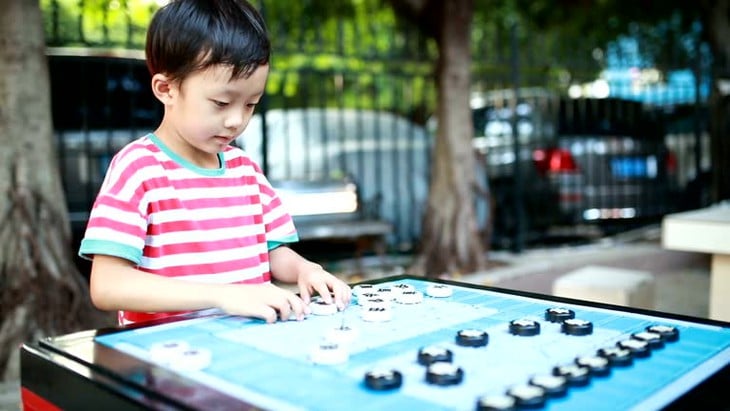
Playing chess brings many benefits to children - Photo: GI
Many people hold the traditional view that sports must be associated with muscle movement and physical energy consumption, such as athletics, football or swimming. In this understanding, both chess and Chinese chess can hardly be classified as sports.
However, since the second half of the 20th century, this view has changed. When the World Chess Federation (FIDE) was recognized by the International Olympic Committee in 1999, chess was officially recognized as an intellectual sport.
Many Asian countries, including China and Vietnam, also include chess in their high-performance sports systems.
The International Mind Sports Association, established in 2005, further strengthened the position of chess in the "common house" of sports.
The underlying reason lies in the very nature of the concept of sport in the 21st century: not simply physical activity, but a combination of training, skill, fair competition and organized play.
Chess and Chinese chess meet all these criteria. Each game requires players to undergo serious training, use tactical skills and be mentally strong under pressure.
According to a scientific report published in New Scientist magazine in 2019, a chess player can consume up to 6,000 calories/day during intense tournaments that last for many hours, largely due to nervous tension, increased heart rate and brain energy consumption.
This shows that chess is not only a battle of wits but also a physical challenge in another way.
In terms of health, especially for children, chess brings clear benefits. In the US, a study by the University of Memphis (2016) showed that students participating in chess clubs had math and reading results 7-10% higher than the control group.
In Europe, studies funded by the European Commission for Education noted that playing chess increases concentration and improves long-term memory.
Neuroscientists have shown that when children think strategically in a game of chess, the prefrontal cortex - the area responsible for planning and controlling behavior - is strongly activated.
Not only children, adults also benefit. A survey by the University of Cambridge (2020) showed that playing chess regularly reduces the risk of cognitive decline in old age by 22%.
This is why many health organizations encourage chess as a form of “mental exercise.” Meanwhile, psychologically, chess forces players to practice patience, the ability to accept failure, and to cope with pressure – important skills in modern life.
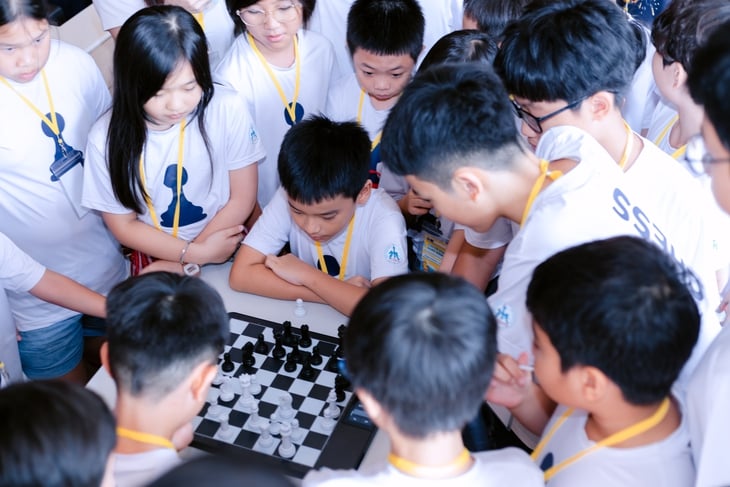
Chess also helps to encourage children to participate in sports activities - Photo: JN
Of course, chess is no substitute for physical activity. Sitting for long periods of time can lead to myopia, back pain, or obesity if not balanced with other sports activities.
That is why many schools in Vietnam apply a combined model: teaching chess in parallel with football, swimming or martial arts, to nurture both intelligence and physical strength. In fact, children who love playing chess love physical sports in general.
From a sports perspective, the recognition of chess and Chinese chess as sports not only reflects a change in perception, but also recognizes the positive impact of this game on public health.
Children who play chess develop better brains, adults maintain their mental clarity, and professional athletes face mental challenges no less than a tense football match. If sports are considered a training for people to perfect both body and mind, then chess absolutely deserves its own place.
Source: https://tuoitre.vn/vi-sao-co-vua-co-tuong-duoc-xem-la-the-thao-2025092921403224.htm



![[Photo] General Secretary To Lam attends the 8th Congress of the Central Public Security Party Committee](https://vphoto.vietnam.vn/thumb/1200x675/vietnam/resource/IMAGE/2025/10/4/79fadf490f674dc483794f2d955f6045)


![[Infographic] Notable numbers after 3 months of "reorganizing the country"](https://vphoto.vietnam.vn/thumb/1200x675/vietnam/resource/IMAGE/2025/10/4/ce8bb72c722348e09e942d04f0dd9729)

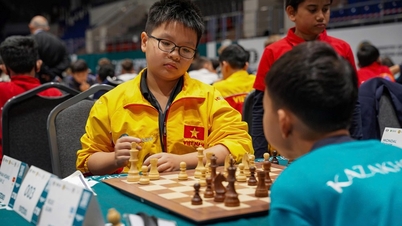








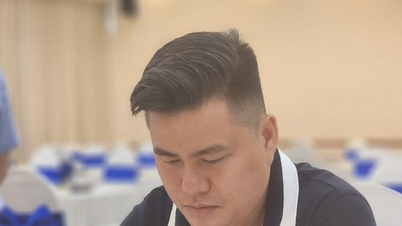

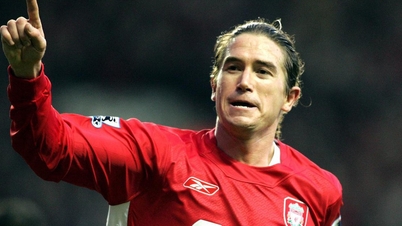
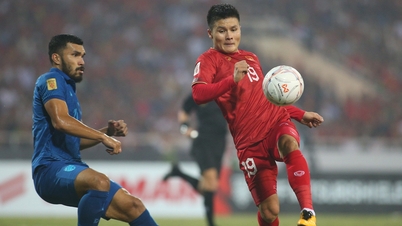
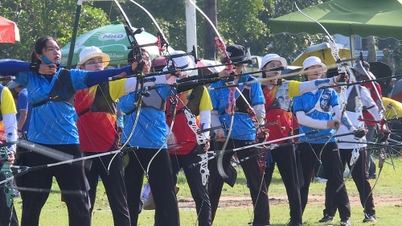
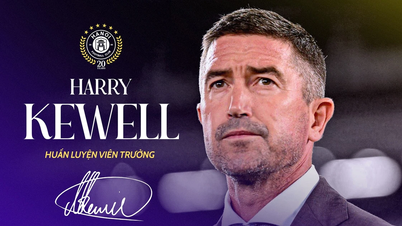

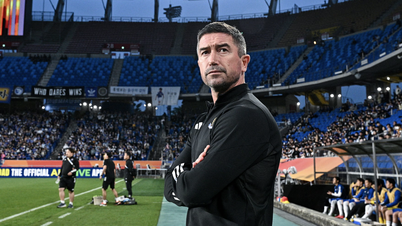










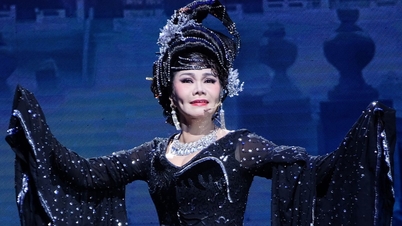

![[Photo] Students of Binh Minh Primary School enjoy the full moon festival, receiving the joys of childhood](https://vphoto.vietnam.vn/thumb/1200x675/vietnam/resource/IMAGE/2025/10/3/8cf8abef22fe4471be400a818912cb85)
![[Photo] Prime Minister Pham Minh Chinh chairs meeting to deploy overcoming consequences of storm No. 10](https://vphoto.vietnam.vn/thumb/1200x675/vietnam/resource/IMAGE/2025/10/3/544f420dcc844463898fcbef46247d16)





































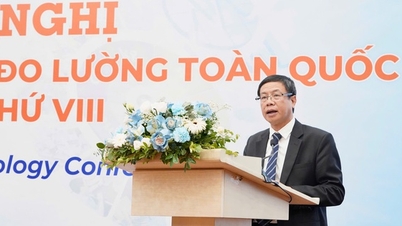









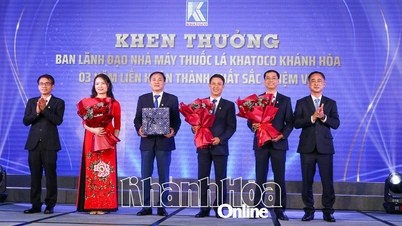





















Comment (0)